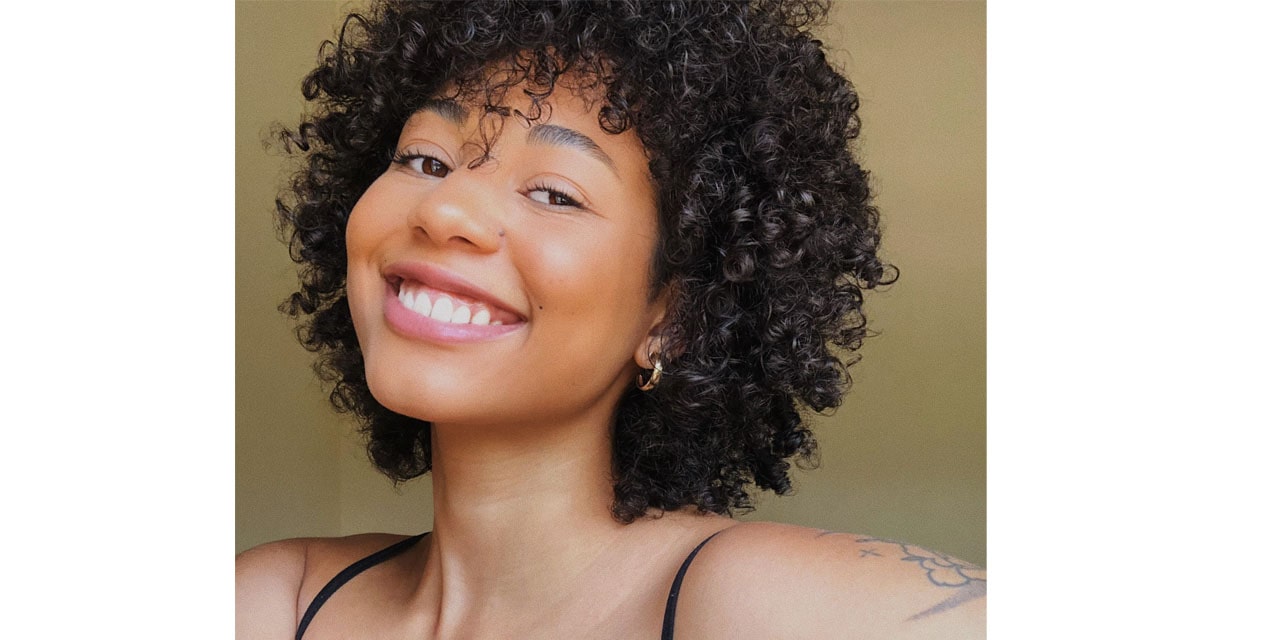Nameya Jacobs
The Black Lives Matter protests in 2020 reignited the flame many have tried to extinguish, (“the flame” being a call for accountability and “many” being white people). You didn’t need a TV license or social media account to know what #BLM stood for, and probably had an opinion on the movement before you’d even read an article about it.
White people were, once again, confronted with their privilege and asked to take accountability for their actions and the actions of the people who looked like them.
Some played their part. They attended protests, signed petitions, and even watched “12 Years a Slave”. Others, however, acted out the way they always have and screamed “ALL LIVES MATTER” until they were red in the face, (which, if you’ve ever seen a white person exhale too deeply, isn’t that hard).
On the outside, it looked like white liberals were dedicated to making a positive change towards anti-racism as they started calling us their “Black brothers and sisters” with their fists punching the air, (techno events helped them with this one).
If you’re like me, you looked at these actions as support and began to engage in conversations with white people about how racism deeply affected your sense of identity, economic status, and physical safety, but quickly learned that white people don’t actually care about racism, they care about not being called racist.
It’s no secret I oppose whiteness. As a mixed-race woman who has seen first hand what white people do and say behind closed doors, who has listened to her Black father detail the ways in which he was mentally and physically brutalised by white South African’s under Apartheid rule, race has never been something I could escape. In fact, both my parents made it a point to regularly discuss race and racism to avoid an (inevitable) identity crisis.
I knew my Black friends spoke about racism with their families because we’d often share what we’d learned and how we felt with the little vocabulary we had to express ourselves at the time, and it was only when I turned 15 that I realised it was just my Black friends that were having these conversations. My white friends were, respectfully, completely oblivious.
What’s worse? Nothing’s changed.
White Namibians and South Africans aren’t shy about their disgust with Black people. There is no question about whether you’re welcome or not because you aren’t. Period. In the UK, however, things are a little different.
There’s a false sense of security that comes with being Black in the UK. You have to be light-skinned, privately educated, well-spoken, attractive, and quiet to get anyone’s attention, and once you do, you need to be polite to keep it.
The fists that were once punching the air in support of your right to walk down the street without being harassed by the police were now unclenched and gesturing for you to change the conversation because things were getting “too political” once you started asking who they voted for in the last election. (Pro tip: it’s safe to assume they voted Conservative if they’re too nervous to answer.)
“There’s a time and a place” is a phrase I’ve heard far too often*, and my white friends often give me a list of topics that are off-limits before I’ve even accepted their invitation to go out. Because I may be light-skinned, privately educated, well-spoken, and attractive, but I’m far from quiet, and nothing threatens white people more than a minority with a mouth.
Reading “Why I’m No Longer Talking To White People About Race” by Reni Eddo-Lodge has opened my eyes to the ways in which whiteness seeks to suffocate and oppress Blackness in all its forms, and how it doesn’t matter if I’m in a pub or at a round table discussion, white people do not want to confront their own racism, they just want to be congratulated for knowing what a durag is.
It’s made me realise that as Black people, when we fight, we fight alone.
*I’m still waiting to hear when said time and place is.




